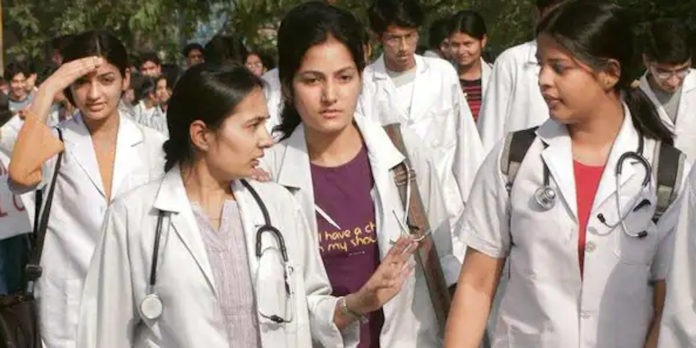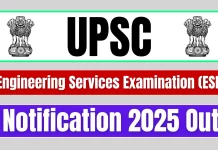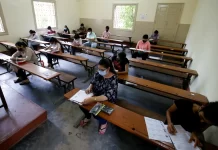Overcoming the Divide: Transforming India’s Post-Graduate Medical Education
India’s healthcare system faces significant challenges, from a shortage of skilled professionals to varying standards of medical education. As the country aspires to enhance its healthcare delivery, it becomes crucial to revolutionize post-graduate medical education. This transformation can ensure that graduates are not only knowledgeable but also equipped with the skills necessary to address the complexities of modern healthcare.
The Need for Change
The current post-graduate medical education landscape in India often emphasizes rote learning and theoretical knowledge over practical skills and patient-centered care. Graduates frequently find themselves unprepared for the realities of clinical practice, which can adversely affect patient outcomes. Moreover, the traditional curriculum lacks integration with evolving medical technologies and interdisciplinary approaches, which are vital in today’s healthcare environment.
Key Strategies for Revolutionizing Education
1. Curriculum Reform
A comprehensive overhaul of the curriculum is essential. An integrated learning approach that combines clinical practice with theoretical insights can create a more holistic education. Transitioning to a competency-based framework will allow students to focus on developing specific skills necessary for their chosen fields, ensuring they meet the practical demands of healthcare.
2. Leveraging Technology
The incorporation of technology in medical education can bridge significant gaps. E-learning platforms and telemedicine tools can enhance access to educational resources and expert faculty, especially for students in remote areas. Additionally, advanced simulation-based training can offer hands-on experience, enabling students to practice procedures and develop their clinical skills in a controlled environment.
3. Fostering Interdisciplinary Collaboration
Encouraging collaboration between different medical specialties and fields can enrich the educational experience. Implementing team-based learning models will not only enhance understanding of comprehensive patient care but also foster a culture of collaboration that is essential in modern healthcare settings. Establishing research and innovation hubs can further promote interdisciplinary projects that address real-world healthcare challenges.
4. Structured Mentorship Programs
A robust mentorship system can guide students through their academic and professional journeys. Pairing experienced professionals with students can provide valuable insights, support, and networking opportunities. Regular feedback mechanisms can help students reflect on their experiences, promoting continuous improvement and learning.
5. Global Exposure and Partnerships
Establishing partnerships with international institutions can provide students with exposure to diverse healthcare practices and challenges. Exchange programs and collaborative research initiatives can enhance learning experiences and promote a broader understanding of global health issues.
6. Innovative Assessment Methods
To accurately gauge students’ competencies, moving towards continuous assessment methods is critical. Traditional examinations often fail to capture the practical skills and clinical reasoning required in healthcare. Incorporating peer assessments can also promote collaborative learning, allowing students to learn from one another.
7. Emphasizing Soft Skills
Beyond technical knowledge, medical professionals must possess strong communication, empathy, and ethical decision-making skills. Integrating training on these soft skills into the curriculum can prepare graduates for patient-centered care, fostering a more compassionate and effective healthcare system.
8. Policy Advocacy and Support
For these changes to be sustainable, support from government bodies and educational institutions is essential. Advocating for policy changes that encourage innovative educational practices and securing funding for resources can create an environment conducive to transformation. Revising accreditation standards to include progressive teaching methodologies will further promote these reforms.
9. Community Engagement
Engaging with local communities can enhance learning and instill a sense of social responsibility in students. Field exposure in community health settings allows students to understand the healthcare needs of underserved populations. Implementing service-learning projects can provide practical experience while fostering a commitment to social equity.
Revolutionizing post-graduate medical education in India is not merely an option; it is a necessity. By embracing innovative teaching methods, interdisciplinary approaches, and global perspectives, India can cultivate a generation of healthcare professionals who are well-equipped to meet the challenges of tomorrow. This transformation will ultimately enhance the quality of healthcare delivery, ensuring a healthier future for all. As stakeholders in the medical education landscape come together, the vision of a robust and responsive healthcare system can become a reality.

































